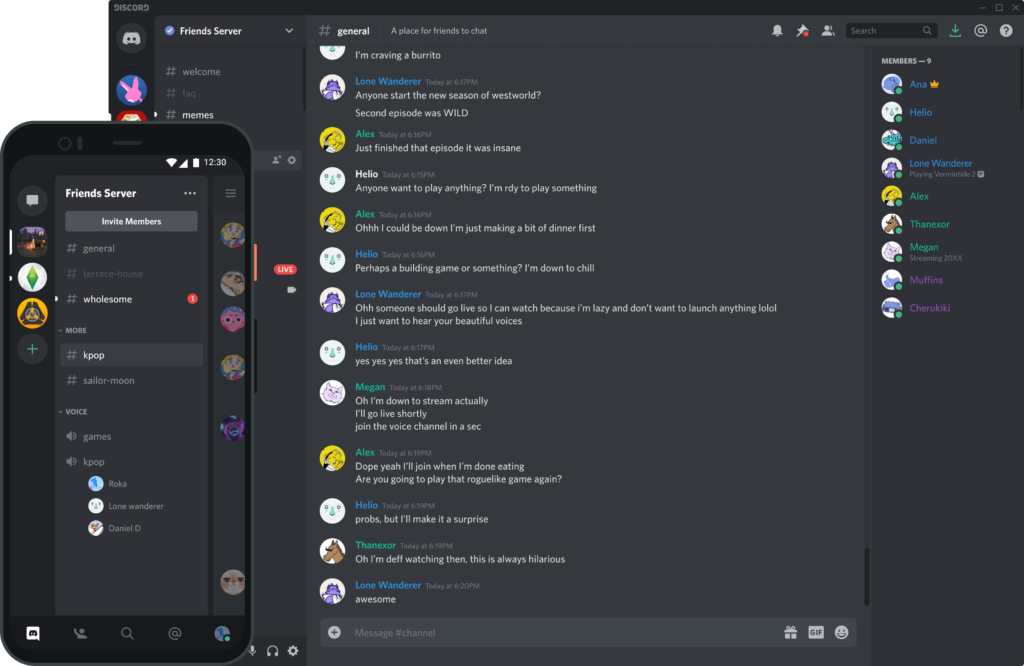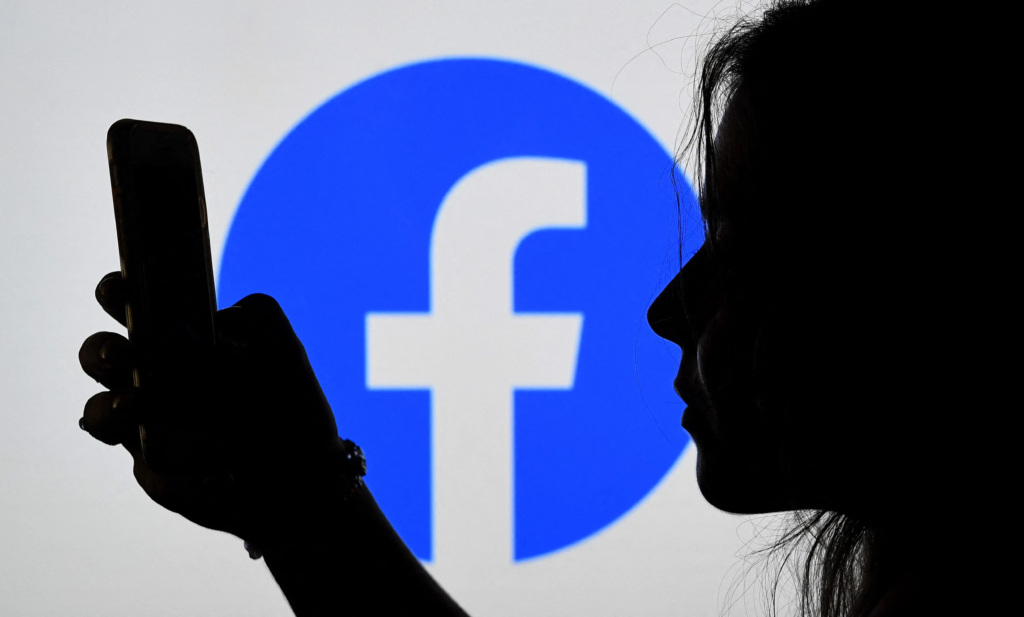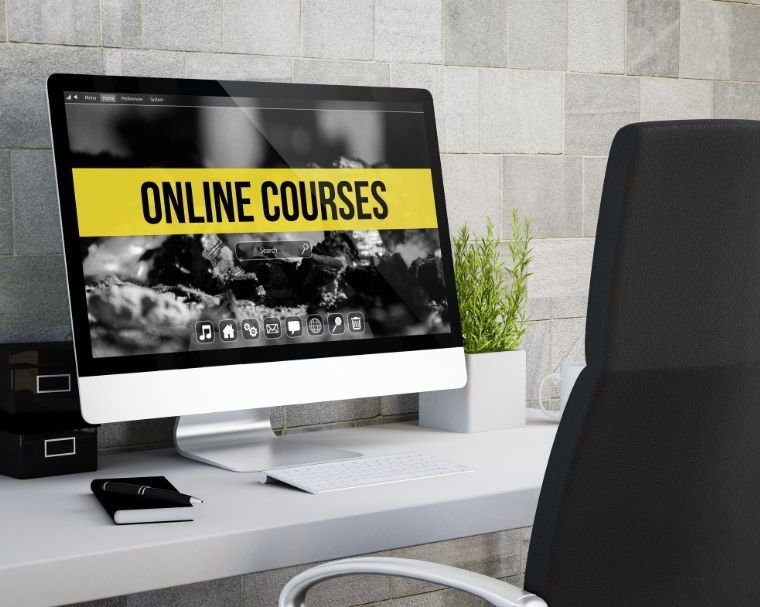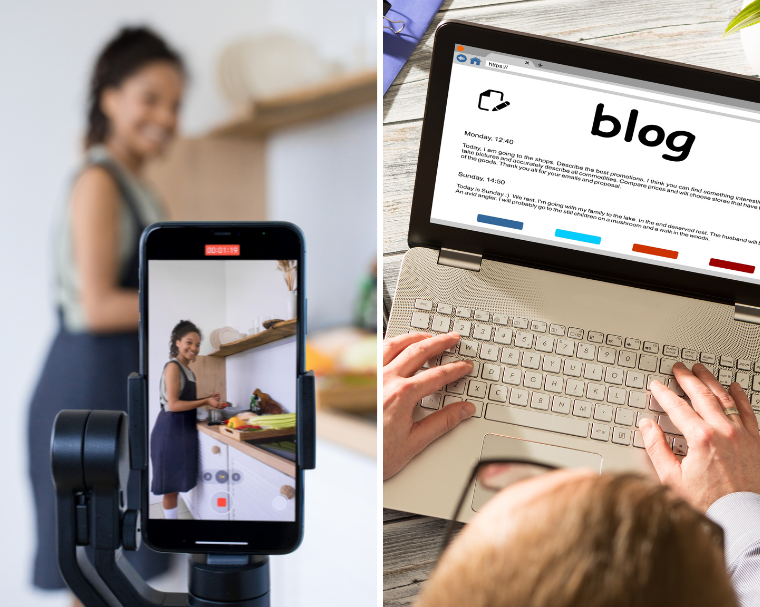Social media is crowded, and algorithms keep changing. That’s why brands are shifting to exclusive, invite-only groups—where engagement is higher, conversations are deeper, and loyalty lasts longer.
In this article, we’ll break down why this shift is happening, how you can build a thriving online community, and—most importantly—how to turn it into a revenue stream.
Why Are Brands Making the Shift?
Public Platforms Are Making It Harder to Reach Your Audience
For years, social media platforms were the go-to space for brands looking to grow their audience.
But as these platforms evolved, so did their algorithms—favoring paid content and making it increasingly difficult for businesses to reach their followers organically.
What used to be free visibility now requires ad spend, and even then, brands struggle to cut through the noise.
With more businesses competing for attention, it has become harder than ever to build real relationships with customers on public platforms.
Private Communities Foster Stronger Connections
Unlike public pages or profiles, where engagement often feels shallow, private communities allow brands to create meaningful interactions with their audience.
In these spaces:
- Members actively choose to be there, making them more invested in discussions.
- Engagement is higher because conversations feel more personal and relevant.
- Customers develop brand loyalty, feeling like they are part of something bigger than just a purchase.
This deeper connection leads to stronger brand advocacy, increased retention, and better business growth.
Where Should You Build Your Private Community?
The right platform depends on your audience, industry, and engagement style. Here’s a look at some of the most effective options:
1. Discord: Best for Real-Time Conversations & Tight-Knit Communities
Originally built for gamers, Discord has become a popular choice for brands and creators looking to build communities centered around ongoing discussions. Its real-time chat, voice channels, and customizable roles make it ideal for brands that want a high level of engagement.
Pros:
- Customizable channels for different topics
- Real-time chat, voice, and video features
- Automation tools and bots for moderation
Cons:
- Can be overwhelming for first-time users
- Requires active management to stay organized

2. Telegram: Best for Privacy & Direct Messaging
If your community values security and private discussions, Telegram is a great option. It allows for large groups and direct communication without algorithm interference.
Pros:
- Secure, encrypted messaging for private conversations
- Members see all messages—no hidden content due to algorithms
- Great for delivering news updates and direct audience engagement
Cons:
- Limited discussion organization compared to Discord
- Lacks advanced engagement features like polls and live videos

3. Facebook Groups: Best for Brands With an Existing Social Media Presence
Facebook Groups are still a strong option for brands that already have an audience on the platform. With built-in tools like events, polls, and live videos, it’s a user-friendly way to create a community.
Pros:
- Most users are already familiar with Facebook
- Built-in tools like polls, live videos, and event creation
- Push notifications that keep members engaged
Cons:
- Still subject to Facebook’s algorithm changes
- Less control over data privacy and group visibility

How to Keep Your Private Community Engaged
Creating a community is just the first step. Keeping it active and engaged is where the real work begins. Here are four key strategies to help you build a strong, interactive group:
1. Offer Exclusive Content & Early Access
People join private communities for value they can’t get elsewhere. Make it worth their time.
- Share behind-the-scenes content, product updates, or expert insights.
- Offer early access to new products, features, or special discounts.
- Provide VIP-only information that makes members feel like insiders.
2. Use Regular Discussion Prompts
Keep conversations flowing with interactive questions, debates, or thought-provoking posts.
- Post weekly or daily questions that spark discussion.
- Use polls and surveys to get feedback on new ideas.
- Ask members to share tips, recommendations, or personal stories related to the community’s focus.
3. Host Live Q&A Sessions & Virtual Events
Live sessions are a great way to strengthen relationships within the community.
- Bring in industry experts, founders, or team members for interactive Q&A sessions.
- Offer live workshops or training that members can’t get elsewhere.
- Host casual community meetups or networking events to build stronger connections.
4. Recognize & Reward Active Members
Acknowledge those who contribute consistently to encourage ongoing participation.
- Feature “Member of the Month” spotlights.
- Offer special badges, titles, or exclusive perks to engaged members.
- Give discounts, shoutouts, or special privileges to loyal community members.
Monetizing Your Private Community
Once you’ve built an engaged community, there are multiple ways to turn it into a revenue-generating asset:
1. Paid Memberships & Subscription Models
Create a premium membership with extra benefits. Paid communities work best when members receive high-value, exclusive content. Platforms like Patreon or Discord premium subscriptions make it easy to manage.
- Offer in-depth training, coaching, or insider knowledge.
- Provide VIP access to exclusive events and discussions.
- Include special perks like early product releases or bonus content.
2. Premium Content & Digital Products
Use your community as a hub for selling high-quality digital products. Many businesses successfully monetize with:
- Ebooks, templates, or guides tailored to your audience’s needs
- Online courses or masterclasses to help members learn a new skill
- Exclusive reports or industry insights available only to paying members

3. Exclusive Events & Networking Opportunities
People are willing to pay for valuable experiences. Many brands monetize by offering:
- Paid webinars, workshops, or mastermind sessions
- Exclusive networking groups where high-value members connect
- VIP virtual meetups or live coaching sessions
Private communities are the future of brand engagement, and with the right strategy, they can become one of your most powerful business assets. If you’re ready to build a stronger, more connected audience, book a free consultation — boostly.business is here to help🚀













Leave a Reply